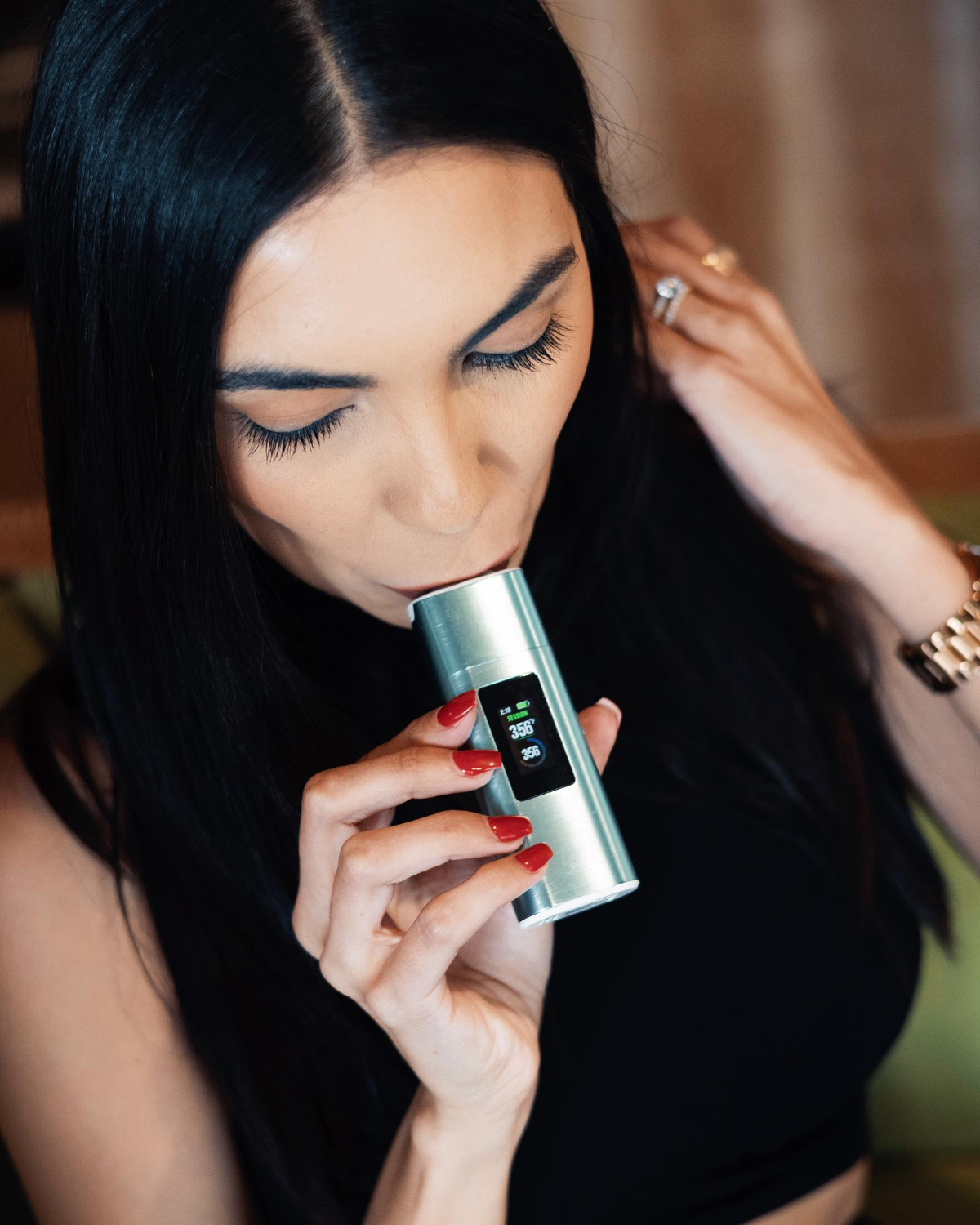Essential oil vape is gaining attention as a modern way to enjoy the benefits of aromatherapy. Many people are curious about its safety and effectiveness compared to traditional methods, such as diffusers. It is important to know that vaping essential oils may pose risks to health, particularly to the lungs and respiratory system.
Those interested in this trend should understand the types of oils suitable for vaping and the devices that work best. Popular oils like lavender, peppermint, and eucalyptus are often chosen for their calming and uplifting properties. While some users report positive experiences, there is still debate about the overall safety of inhaling these substances.
As the popularity of essential oil vapes grows, more research is needed to fully understand the potential benefits and risks. Users should proceed with caution and consider more established methods of aromatherapy until clearer guidance is available.
Understanding Essential Oil Vapes
Essential oil vapes are growing in popularity among those looking for alternative ways to consume these aromatic substances. This section covers the concept of essential oil vaping and the various devices available to users.
Concept and Popularity
Vaping essential oils involves using a vaporizer to heat concentrated plant extracts, then inhaling the vapor produced. People are drawn to this method as it is perceived to offer a more natural experience.
Many users believe essential oils provide benefits such as stress relief and mood enhancement. These oils are often associated with aromatherapy, which promotes wellness through scent.
However, it is important to note that the long-term effects on health are not well understood. Some essential oils can irritate the lungs or cause respiratory issues if not used properly.
Types of Essential Oil Vaping Devices
Several devices are designed specifically for vaping essential oils. Each type serves a unique purpose and offers different features.
- Aromatherapy Vape Pens: These pens typically have a chamber for essential oils and can operate at specific temperatures for optimal vaporization.
- Portable Vaporizers: Many portable models allow users to enjoy essential oils on the go. They offer convenience and discreet use.
- Desktop Vaporizers: Suitable for home use, these devices often provide more precise temperature controls and better flavor.
When choosing a device, it is crucial to consider safety features. Proper dilution of essential oils is also essential to prevent lung irritation.
Health Considerations
Vaping essential oils raises important health questions. While some may believe it provides benefits, there are also significant safety risks involved. Understanding these factors is essential for anyone considering this practice.
Potential Benefits
Some individuals turn to essential oils for their potential therapeutic effects. For example, oils like peppermint and lavender are known for their calming and soothing properties. Vaping may allow for quick absorption into the bloodstream.
The appeal of aromatherapy lies in its holistic approach. Many users report improved mood, relaxation, and stress relief. Still, the scientific evidence supporting these benefits through vaping specifically is limited.
It’s important to recognize that the effectiveness of essential oils can vary by individual. What works for one person may not work for another. Hence, one should approach essential oils with cautious optimism.
Safety and Risks
Safety concerns about vaping essential oils are significant. When heated, essential oils can produce harmful substances that may affect lung health. Volatile organic compounds (VOCs) can form, posing risks to the respiratory system.
Common side effects of vaping essential oils can include:
- Coughing
- Itching
- Swelling of the throat
Those with conditions like asthma may experience aggravation of their symptoms too. The long-term effects are not well-studied, making it difficult to determine the overall safety of this practice. Experts generally advise against it due to these potential dangers.
Usage Recommendations
For those still considering vaping essential oils, caution is key. It is advisable to use pure, raw oils without additives like vegetable glycerin or propylene glycol. These additives can increase the risk due to their flashpoints when heated.
Start with small quantities to observe any adverse reactions. Users must also be aware of their personal health conditions before engaging in this practice. Consulting with a healthcare provider can help mitigate risks associated with vaping essential oils.
Overall, being informed can lead to better decisions about whether to vape essential oils.



